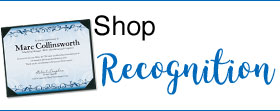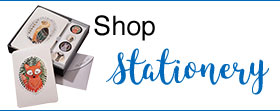
“There are no little jobs. Only little desks.”
“There’s one simple action that can dramatically increase any manager’s success in gaining the support and engagement of subordinates: recognize great work,” wrote David Sturt in the Harvard Business Review last year. “In two separate but recent studies involving nearly 3,500 employees, from startups to Fortune 100 companies, we found that recognition directly affects morale and engagement.”
Despite its importance, employee recognition ends up on the back burner for a number of reasons.
Why is this?
“Clients Come First”
Many companies are still in the mindset that the customer is always the top priority, but is that true?
There have been countless studies that support the claim that the customer isn’t always right, and putting their concerns over your employee’s can be damaging to morale.
Treat your employees well. Compensate them fairly. Trust them. This employee-first attitude can pay off in big ways.
Lacking Enthusiasm
You’ve tried to launch an employee recognition program but after a few months, enthusiasm dries up.
If your employee recognition efforts did not make an impression on or engage your staff, it might be due to a lack of real incentive to be recognized. For example, if you’re running an employee of the month program, award recipients with a custom certificate along with a gift or cash that speaks to their interests or personality.
You have to make official recognition a worthwhile proposition for employees if you want them to feel inspired to work their hardest.
Unscheduled Efforts
Time has a way of getting away from you.
The year begins with new business and projects to tend to and before you know it, it’s December and you’re organizing the holiday party.
However, if managers and executives know that every other week they should take 30 minutes to write a few personal notes to exceptional team members, and that time is blocked out on their calendars, then that employee recognition technique will become a regular part of their schedules.
You have to make the time to recognize employees, otherwise, you’ll let other tasks take priority.
Directionless
You want to put employee recognition practices into play but you don’t know where to start. From establishing clear criteria to developing a thorough recognition program with various levels, managers should work with the human resources department to create a solid employee recognition strategy.
Making clear cut guidelines provides you with a roadmap for successful employee recognition!



